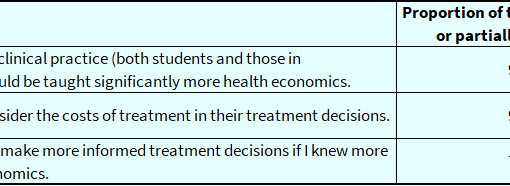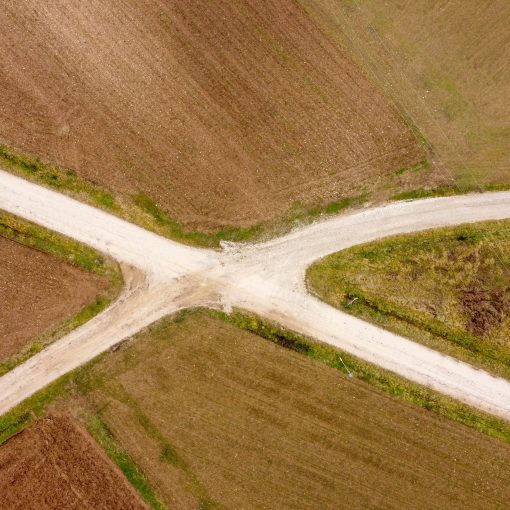
Developing a drug from an idea to a finished product is a long journey. It takes easily more than ten years and can cost hundreds of millions of euros. However, the end result may be a drug that relieves symptoms or heals the patient. Sometimes we manage to also prevent diseases.
And for this reason, the failure of a drug development project affects many. Researchers who have done basic and applied research are disappointed, start-ups are facing financial difficulties, stock prices of large pharmaceutical companies are falling, doctors are not getting new tools, and patients who want the medicine are disappointed. Members of my own profession will be left without work, sitting by their Excel sheets. There is no need for cost-benefit calculations by health economists.
Lessons of failure are important
However, we do learn something from setbacks. Typically science develops in small cumulative steps. New findings are based on previous knowledge. So what significance, then, can a failed drug development project have? In fact, it can contribute a lot. This topic was discussed by researchers at Etlatieto in their 2015 book, “Raiders of Lost Value”. The researchers studied the history and significance of those Finnish biotechnology companies of the early 2000s, whose business no longer exists in that form. Unfortunately, the stories of several companies were relatively short.
Despite this, entrepreneurship had a social significance that can still be felt in many ways, even today. This is considered to be intellectual capital. One aspect of intellectual capital is human capital, which consists of the knowledge, skill, and experience that people have accumulated. Structural capital, in turn, encompasses equipment, intellectual property rights, publications, quality and information systems, and processes. Relational capital, on the other hand, consists of relationships with customers, financiers, the scientific community, and authorities, for example. Intellectual capital and value will not disappear even if the development project and business operations cease.
InFLAMES: utilising accumulated intellectual capital
InFLAMES seeks to make social and economic impact. The means of achieving this include business cooperation, increasing knowledge related to commercialisation, networks, as well as internationally high-level research and teaching.
The joint InFLAMES Flagship project (Innovation Ecosystem based on the Immune System) of the University of Turku and Åbo Akademi University is a part of the Academy of Finland’s flagship program. The aim of InFLAMES is to form an internationally recognised centre of excellence for immunological research and product development. The goal is to be a globally attractive partner for international companies and others.
The InFLAMES Flagship can utilise all the intellectual capital accumulated by the individuals and entities involved in the project. We can also learn from the lessons learned in the early 2000s. InFLAMES is developing new therapies for the diagnosis and treatment of inflammatory diseases. This work generates human, structural, and relational capital on a daily basis, which will also be available to future researchers and generations.

Juha Laine, Professor of Practice



